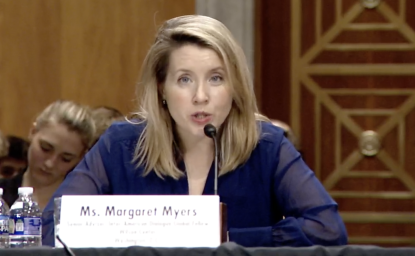
Since Xi Jinping took over the role of general secretary of the Chinese Communist party in November 2012 there has been a tightening of social, political and economic controls, alongside a renewed emphasis on propaganda and ideological work.
Yet Mr Xi’s “new normal”, if successful, could potentially enable a further adjustment of political power in China.
He set the new direction in an internal speech in December 2012 when he used the example of the break-up of the Soviet Union, which he said was caused by a crisis in belief — the people had lost faith in the Communist party. Mr Xi was later reported as saying that “beliefs and faith” are the “calcium” CCP members need and without them they will “develop rickets”.
Mr Xi’s contribution to the intellectual nourishment of the party faithful is referred to as the “Four Comprehensives”. That is: the goal of making China “rich and strong” with appropriate international recognition for its status — the Chinese Dream; sustained economic development; rule by law; and cleaning up corruption. All of these points have broad support within China.
Following Mr Xi’s change of direction some of his senior officials have made strong statements about the threat of “domestic and foreign hostile forces” and warned against the pernicious influence of the “ideology of western anti-China forces”.
These are not new tropes but tired old phrases that have appeared frequently in the past 30 years of China’s reform and opening-up process. We should not pay undue attention to them or to Mr Xi’s call to emphasise propaganda and ideological work; rather, we should look at the level of implementation of such rhetoric and the extent of resistance to it. Mr Xi’s new-broom approach follows a pattern that Jiang Zemin and Hu Jintao adopted in their first few years in power. But Mr Xi has much more control over the political system in China than either of these two predecessors had.
In his two years as leader, the administration has systematically cracked down on corrupt party and military officials. Pressure has been brought to bear on public intellectuals, university teachers and students, non-governmental organisations, the media, trade unionists and the regional trouble spots of Tibet and Xinjiang.
This year the government has strengthened China’s “internet sovereignty” by reining in virtual private networks which had been popular with Chinese web users wanting to get around the Great Fire Wall and access services such as Google, Facebook and Twitter. Only the likes of Iran, North Korea and Saudi Arabia have a comparable level of internet censorship.
The Xi administration is attempting to achieve what his predecessors tried: to maintain popular support for party rule and to reset the boundaries of public expression in an era when the borders of information control are more porous than ever, while strengthening good governance. In the process, Mr Xi is aiming to slay his political foes and to silence any potential popular sources of criticism who might undermine his authority to engage in these reforms.
The general secretary is clearly taking note of the lesson from Mikhail Gorbachev’s era of the late Soviet Union by holding back from unleashing the power of the masses against those who oppose his initiatives within the political system.
The recent banning of the Chinese environmental film Under the Dome, which urged citizens to take personal action to stop pollution and economic waste, reflected the government’s desire to retain a strong hand over administrative reform and keep the public on a leash. But the fact that this independent documentary could be made and receive the endorsement of the environment ministry shows that Mr Xi, like his predecessors, is not trying completely to suppress public opinion but keep it within acceptable boundaries, even as those limits continually shift.
Mr Xi’s “new normal” aims to stabilise Chinese society but in so doing has swept away many of the pressure valves introduced by his predecessors. According to Foucault’s physics of resistance, unless he eventually makes some further readjustments in governance — handing more power to society to administer itself through laws and regulatory bodies as advocated in Under the Dome — the likely outcome in the long run will be more resistance, not less. Yet whether he feels he can afford to permit further administrative reform will reflect the extent to which he has succeeded in concentrating power.
Mr Xi’s challenges are the same as those that confronted his predecessors: in China, as elsewhere, the more things change, the more things stay the same.
This article was originally published by Financial Times.





